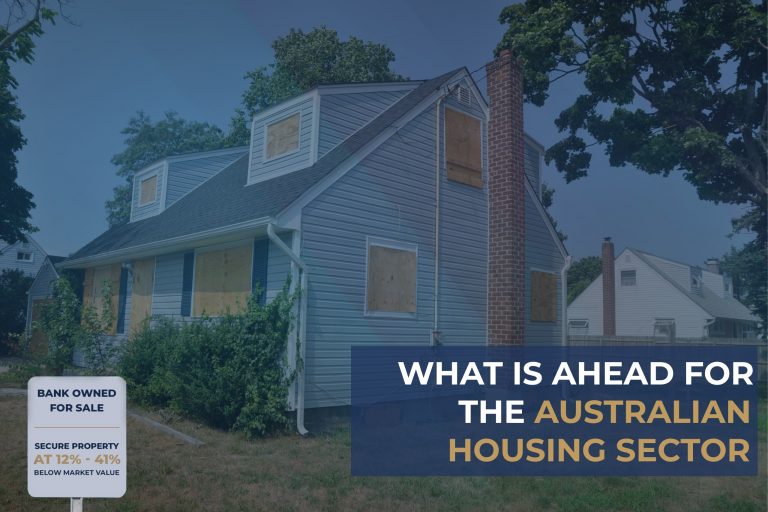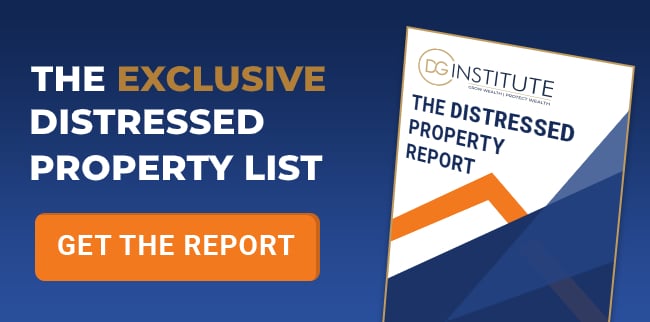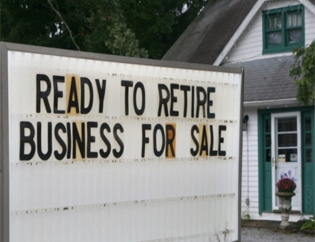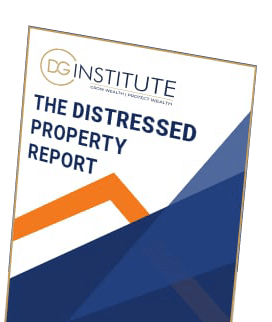Be prepared for the COVID-19 housing slump
Published 12:03 pm 14 May 2020

While the effects of the coronavirus pandemic on the housing sector haven’t been as immediate as on retail and hospitality, they are coming – and they will reshape the residential property landscape. Preparing now will give you your best chance of picking up a bargain and building your wealth in the years ahead, writes DGI CEO and Founder Dominique Grubisa.
You could be forgiven for thinking that Australia’s housing market has been left largely untouched by the COVID-19 crisis. Figures this month showed sale prices across the country had more or less held steady during April despite hundreds of thousands of Australians losing their jobs and countless businesses closing.
But don’t be fooled. While the impact of the coronavirus crisis is taking a little longer to percolate through to the housing sector, it is coming. Experts from the major banks, from the Reserve Bank of Australia and from property analyst CoreLogic all argue that a surge in housing stress, foreclosures and forced sales in on the way in the coming 6 to 12 months.
→ Discover The Property Hot Spots In Australia Right Now
Falling rents is a sign of what’s to come
For those with observant eyes, the early signs of the coming property downturn are already apparent. With Australia’s international borders closed, the arrival of new migrants, foreign students and holidaymakers has ceased, slamming the rental market in the capitals. Properties formerly used as Airbnb’s are being put on the general market, creating a worsening glut in rentals. While the national vacancy rate has leapt to 2.5 percent, figures from CoreLogic show rental vacancy listings surged about 35 percent in both Sydney and Melbourne at the end of April as landlords searched frantically for tenants. Rental asking prices have already plunged 10 percent in Sydney’s posh eastern suburbs and 17 percent in its CBD.
A lack of rental income is likely to put many landlords under stress. This will add to the enormous stress ordinary mum-and-dad homeowners are feeling with thousands losing their jobs or having their income slashed. While temporary ‘mortgage holidays’ from the banks may help for a while, this will eventually come to an end with devastating impacts.
Potential 30-percent plunge
Just ask the National Australia Bank. In a chilling hint of what may be coming, it recently warned that house prices could plunge more than 30 percent over two years in a worst-case COVID-19 scenario. Under the bank’s modelling, prices could fall 20.9 per cent in 2020 and a further 11.8 percent in 2021, before rising 2.5 per cent in 2022. The Commonwealth Bank recently backed up this prediction with its own warning of a potential 32 percent plunge.
The Reserve Bank of Australia, meanwhile, reported in its April Financial Stability Review that predicted climbs in unemployment and falls in property prices would have a major effect on the number of households experiencing mortgage stress. The RBA says for every one percent rise in the unemployment rate, the proportion of homeowners falling behind on their mortgage payments may rise 0.8 percent. And even a conservative 10 percent fall in property prices would push those at risk of defaulting to 6.5 percent.
Research from consultancy firm Digital Finance Analytics suggests a chilling 38 percent of Australian households were facing mortgage stress in April. This represents 1.4 million households, with the number likely to climb to 41 percent by August. A study by the firm, based on household surveys across the country, found that Tasmania was the worst hit state for mortgage stress, although the remainder of the states weren’t far behind.
States and territories worst affected by mortgage stress
- Tasmania
- South Australia
- Western Australia
- Victoria
- ACT
Source: Digital Finance Analytics
Postcodes most at risk of mortgage stress and default (April)
What this all means is that over the coming year or so, it is very likely that many thousands of Australians will be forced to sell properties in a falling market – and for prices far below their previous expectations.
Time for the brave to act
While it’s a bleak scenario for those who will lose their houses, there is an upside for smart investors and those prepared to buy in a falling market. It was the US financial guru Warren Buffett who advised investors to be fearful when others are greedy and greedy when others are fearful.
These words were surprisingly recently echoed by NSW Premier Gladys Berejiklian who remarked it may be a great time to consider buying property in her state, “For those who want to get into the market for the first time, it will be a buyer’s market for the next little while,” she said.
So, don’t panic and join the throngs abandoning the property market as the economic fall-out of the pandemic sets in. Keep calm and capitalise on the situation and you stand your best chance of building considerable wealth.
You May Also like to Read
Why Australia Will Never Build Enough Homes
Welcome to this week's edition of the Property Edge newsletter. As we navigate through a rapidly evolving property...
Unlocking Potential: Uncovering Hidden Gems in Australia’s Property Market
Welcome to this edition of Property Edge, where we delve into the latest trends and insights shaping the Australian property...
Suburbs on the Rise: Property Searches Indicate Growth Potential
Welcome to the latest edition of Property Edge, where we delve into the dynamic world of real estate. In this issue, we...
Builder Insolvencies Threaten Government’s Housing Target
Welcome to this week's edition of Property Edge, where we delve into the current state of the property market through the...
Foreign Investment In Australia’s Residential Real Estate Is On The Rise
Welcome to this week's edition of Property Edge, where we delve into the latest trends and developments in the Australian...
How Far Australian House Prices Have Soared Above Fair Value
Welcome to the latest edition of Property Edge, your definitive source for insights into Australia's dynamic real estate...














